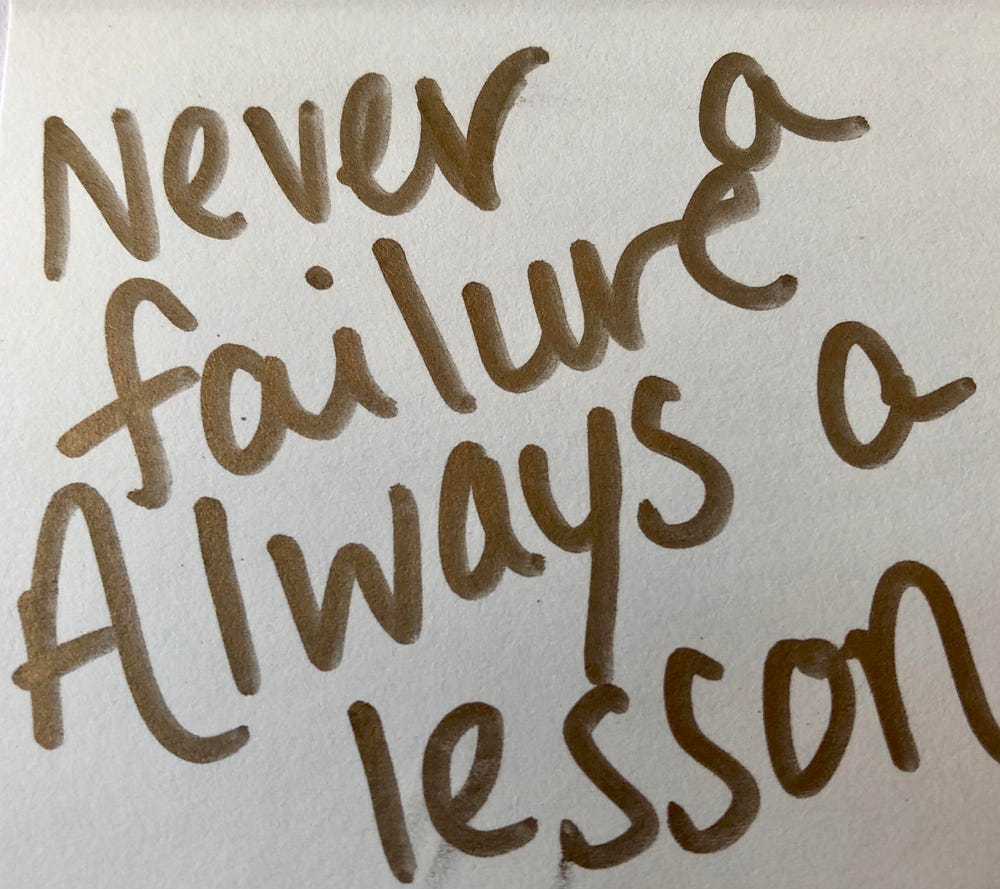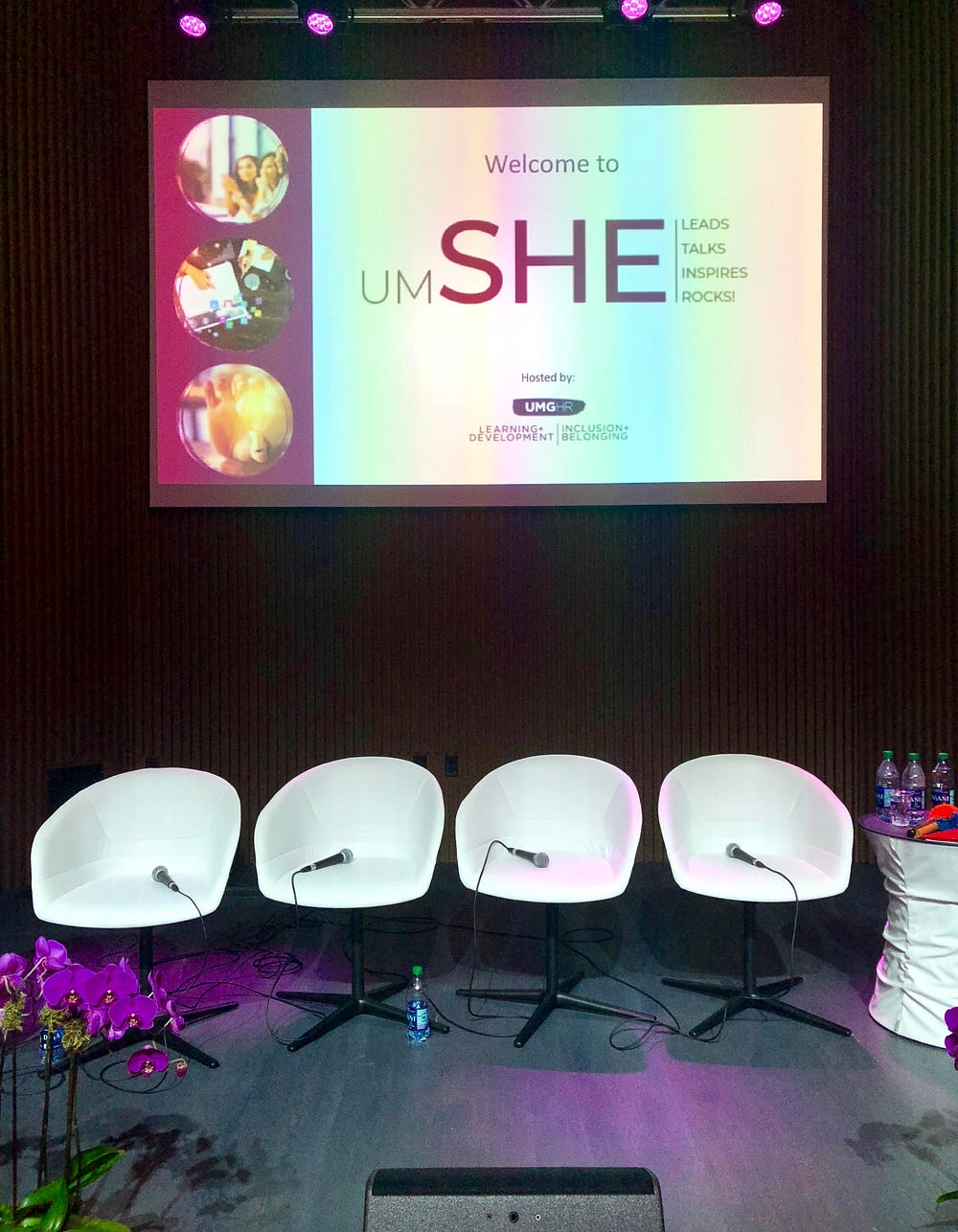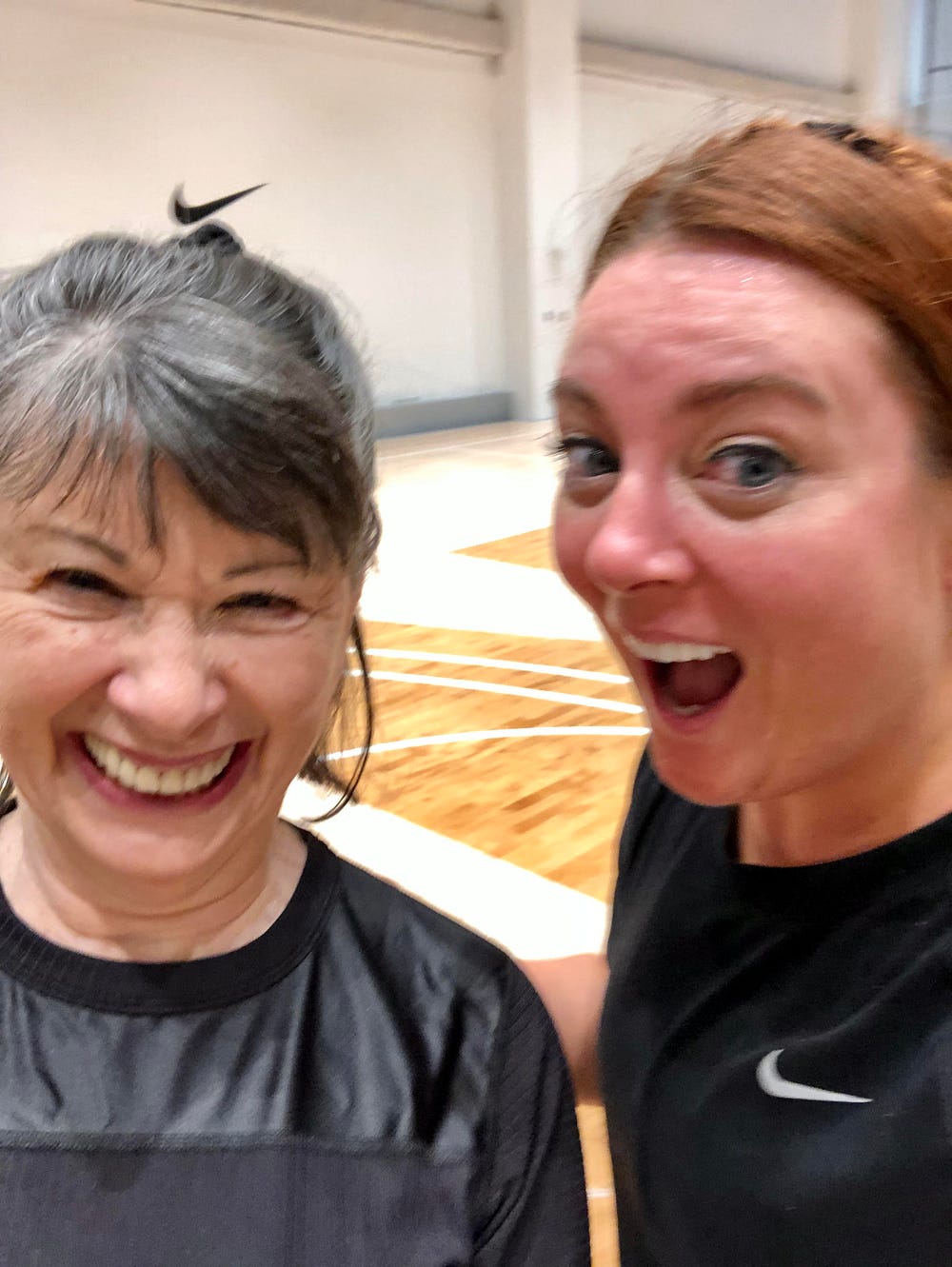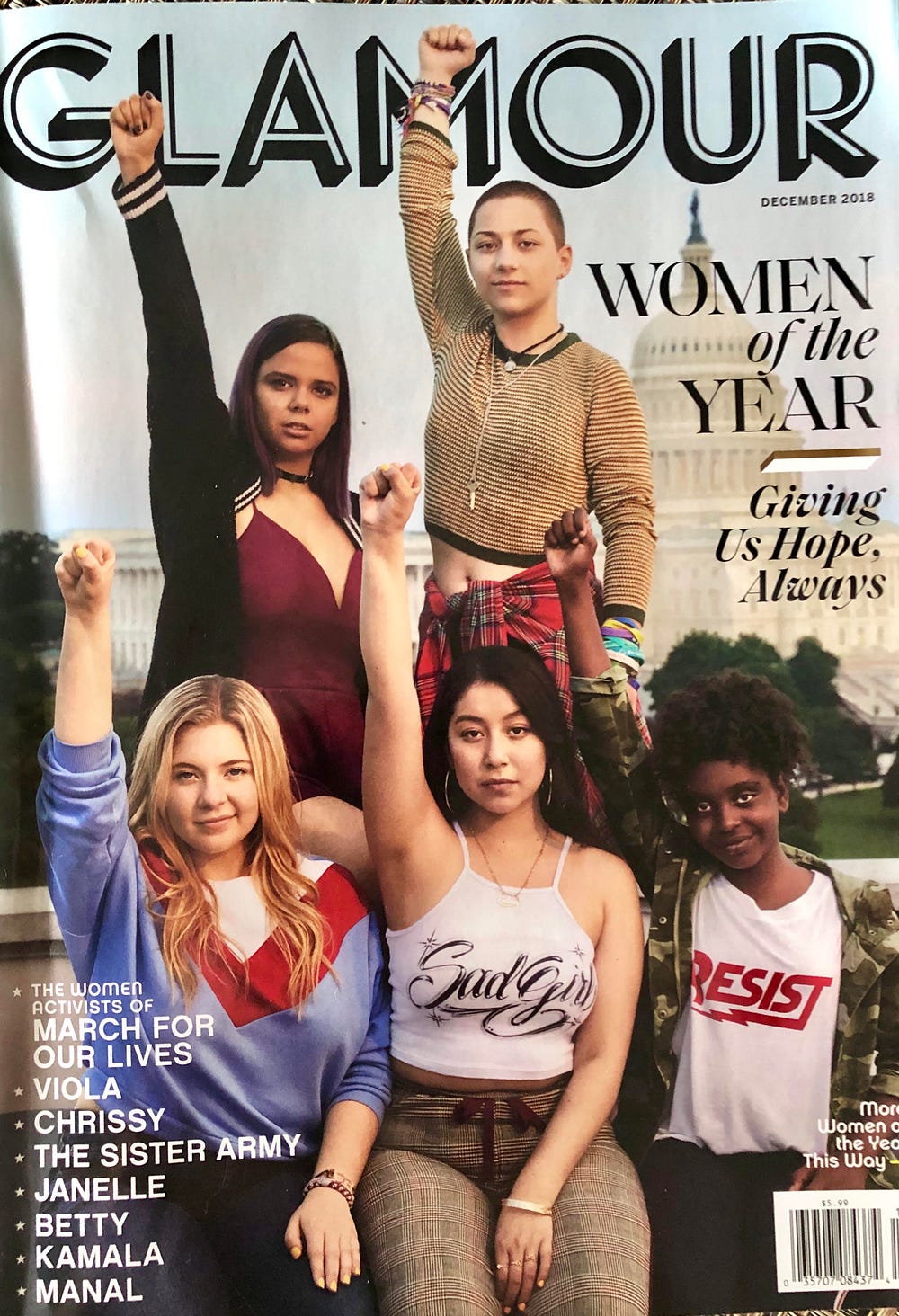123 Women and The Lessons of History on Veterans Day And Beyond
Issue 74 — November 11, 2018
Feast your eyes on this Washington Post infographic tracking wins by female candidates for Congress and Governorships in last week’s elections.
With a few major races still undecided, there is no doubt that 2018 will go down in history as a pivotal year in US women’s history.
I celebrate that. Loudly and enthusiastically.
Yet as the country celebrated Veterans Day on November 11, I was filled with both fervent hope that women will learn the lessons of history and fear that history itself predicts we will not. So consider this not so much an alarm as a red flag from someone who is eternally optimistic but with a long view of history.

For you see, the narrative shaping our political and economic systems has been framed through the largely male lens of war and the assumption of scarcity. That includes scarcity of natural resources, money, and political power. It’s the tired old “power over” social model that many women have rejected because after all, they’ve borne the brunt of its worst behavior. Think #metoo. Sexual abuse, harassment, and violence are all about asserting power to dominate another individual or class of individuals.

Last week I had the honor of presenting “The 3 Powers of Executive Intention” at Universal Music, as they continue to roll out their women’s leadership initiative. Each time I do this, my intention is to help change that power paradigm from oppressive “power over” to expansive “power to.”
So in this sober moment of reflection on wars and their consequences, what happens after women reach equality in leadership?
If it’s the same old same old, what difference will it make?
Why bother working for gender equality and parity if the now 25% of Congress who are female and the women making their way into business leadership adopt the methods of using power that they learned from the current culture? In that case, it won’t make a molehill’s difference that they wear the mantle of leadership.
If, however, they are intentional about climbing the mountain required to change the definition and use of power to reflect the reality that there is no finite pie of the most important resources: intelligence or innovation or the human ability to solve problems and care for one another’s wellbeing, then we can change the narrative to create a better future.
What do we learn from the mass shootings plaguing our society? Very little, judging from the repetition of that history.
But what gives me a great deal of hope is seeing young women and men such as the Marjorie Stoneman Douglas high school student leaders who received the prestigious (I say not humbly, as I received it myself a few years back) Glamour Woman of the Year Award.

Swooshing with Glamour Editor-in-Chief Samantha Barry at Nike HQ in NY after a kickass workout
Interviewed by Mattie Kahn, Glamour Senior editor at the Glamour Women of the Year Summit, the 12-year old Naomi Wadler who stunned the world with her brilliance at the March for Our Lives observed ironically, “Grownups think both that young people will save the world and that we can’t understand the issues.”
All these young women agreed that there will be a completely different world because it will be led by their generation. And I wondered, does every generation think this? Quoting her grandpa in Spanish, Edna Chavez said, “The same person who can go into the mouth of the devil is the same person who can get himself out.” Perhaps that’s as good an answer to the question as any.

It’s on us to determine the future.
As we salute those who served in WWI and all the wars in our national history, get the stereotype of soldier-as-male out if your mind and note author Gabriel Sanchez’s assertion that “If not for the women, it’s possible that World War I may have been lost for the US and its allies.”
But then ask yourself: what can you do today to help ensure that women’s current trend toward leadership parity in all realms isn’t just more of the same but rather moves the world toward being a healthier place that is more prosperous and equitable for all?
I’d love to hear from you.
And PS: To get a glimpse of how together women have and continue to change the course of history, please join me for the December 15 matinee performance of “Gloria, a Life”, the story of Gloria Steinem. Christie Lahti plays Gloria, and then we will have the opportunity to participate in a discussion led by Ms Steinem herself.

GLORIA FELDTis the New York Times bestselling author of several books including No Excuses: 9 Ways Women Can Change How We Think About Power, a sought-after speaker and frequent contributor to major news outlets, and the Co-Founder and President of Take The Lead. People has called her “the voice of experience,” and among the many honors she has been given, Vanity Fair called her one of America’s “Top 200 Women Legends, Leaders, and Trailblazers,” and Glamour chose her as a “Woman of the Year.” As co-founder and president of Take The Lead, a leading women’s leadership nonprofit, her mission is to achieve gender parity by 2025 through innovative training programs, workshops, a groundbreaking 50 Women Can Change The World immersive, online courses, a free weekly newsletter, and events including a monthly Virtual Happy Hour program and a Take The Lead Day symposium that reached over 400,000 women globally in 2017.

